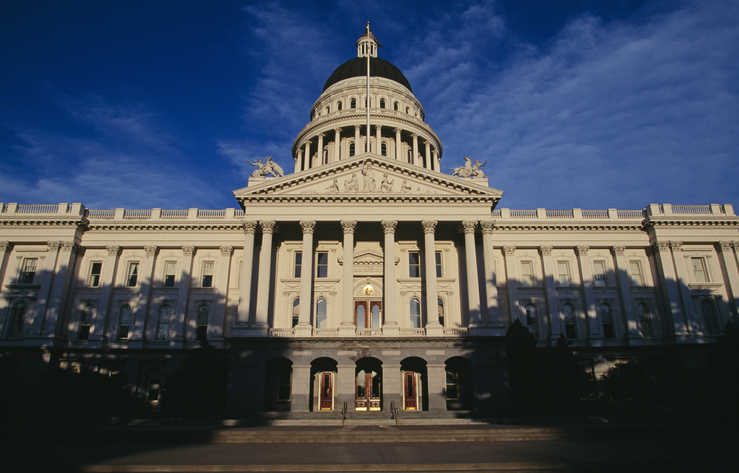Everything We Know About California’s Reparations Task Force
Source: Murat Taner / Getty
Could reparations be coming to reality in the United States? Currently, California is pushing the topic into the spotlight with its state-backed reparations task force committee. Back in 2020, Gov. Gavin Newsom signed legislation to begin a two-year exploration and hopefully a solid plan on what reparations might look like for Black Americans living in the Golden State. The initiative was also designed to reflect on slavery’s harsh past and its current effect on Black Americas living in the United States. Committee members are expected to deliver a final reparations proposal by July 2023.
Who represents the committee?
California’s reparations task force consists of nine members: Senator Steven Bradford, Dr. Amos C. Brown, who is the vice-chair of the committee, Dr. Cheryl Grills, Lisa Holder, Assemblymember Reginald Jones-Sawyer, Chairmmember Kamilah Moore, and Councilmember Monica Montgomery Steppe. According to the state of California’s Department of Justice website, the task force members were selected from diverse backgrounds to represent “the interests of communities of color throughout the state” and “have experience working to implement racial justice reform.” Dr. Amos C. Brown, for example, is the president of San Fransico’s NAACP chapter, while Reginald Jones-Sawyer, a Democrat, currently represents South Los Angeles’ 59th Assembly District. Lisa Holder is a prominent civil rights attorney.
Who gets first priority?
As News One previously reported on March 30, after hours of deliberation and emotional testimonies, committee members hashed out a 5-4 vote in favor of limiting reparation payments to Black Californians who are descendants of U.S. slaves. It’s still unclear as to how the money will be distributed and how much restitution will be given to eligible Black Californians. Dr. Amos C. Brown pled with committee members to finalize an official proposal.
What’s next for the task force?
On April 13 and April 14, task force members reviewed items from a special report that detailed how slavery continues to impact Black Californians “in the form of disparities in household income, health, employment, and incarceration.” The committee also heard testimonies from educational experts on the matter. The two-day event took place at San Francisco’s Third Baptist Church, NPR reported. Committee members will deliver a final reparations proposal by July 2023.
SEE ALSO:
40 Acres And A Mule: What Are Reparations And Why Is The Concept So Polarizing?
California Taskforce Vote To Limit Reparations To Descendants Of Slaves In U.S.

